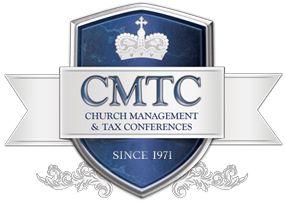|
Over the years our Government and the Internal Revenue Service (IRS) has stripped away at our allowable deductions for income tax purposes. The supposed reasoning was to streamline the tax code and bring more revenue into the Government coffers. However, the tax code has not been streamlined or simplified, and regardless of the amount of revenue, the Government continues to outspend income. One of the few deductions remaining for the average tax payer is that of Charitable Contributions. Churches depend on the money donated to them on any given Sunday to offset their weekly budgets, and the generosity of so many who donate to Churches and Ministries, are motivated by the fact that they are still allowed to deduct those gifts from their annual income tax return. With all of this said, there are some issues of which we need to be aware.
|
Archives
September 2020
Categories |

 RSS Feed
RSS Feed



